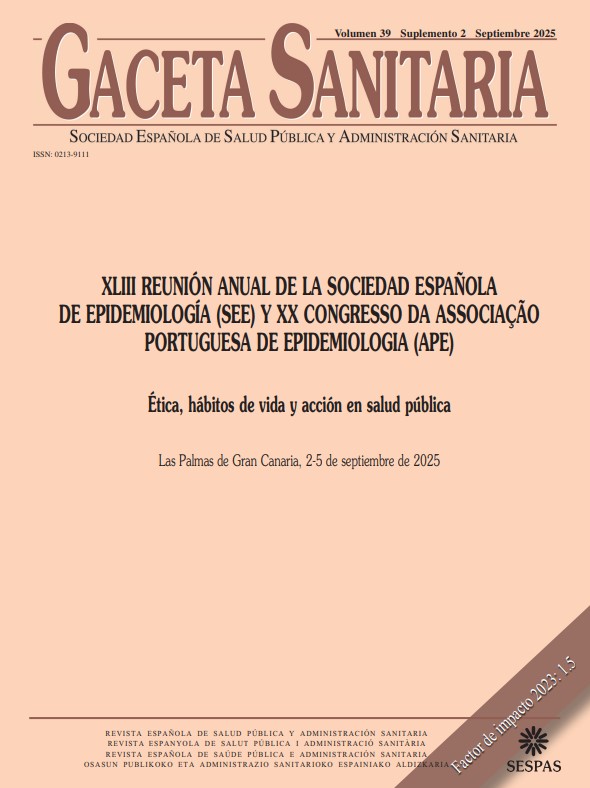816 - CONTRIBUTIONS TO THE VALIDATION OF A EUROPEAN PORTUGUESE VERSION OF CORNELL MUSCULOSKELETAL DISCOMFORT QUESTIONNAIRE
ESS, Polytechnic of Porto; REQUIMTE/LAQV, ESS, Polytechnic of Porto; Centre for Health Studies and Research of the University of Coimbra/Centre for Innovative Biomedicine and Biotechnology (CEISUC/CIBB); RISE-Health, Center for Translational Health and Medical Biotechnology Research (TBIO), ESS, Polytechnic of Porto.
Background/Objectives: The European Agency for Safety and Health at Work reported, in 2020, that 22% of European workers experience persistent musculoskeletal pain, with WMSDs accounting for 60% of occupational diseases. Lower back pain and upper limb disorders are major causes of absenteeism and reduced productivity. The Cornell Musculoskeletal Discomfort Questionnaire (CMDQ) is a widely used tool for assessing the frequency, severity, and interference of work-related musculoskeletal disorders (WRMSDs) across 20 body regions. This study aimed to translate and validate the CMDQ for European Portuguese, enhancing its applicability for assessing WRMSDs in Portugal.
Methods: The CMDQ was translated and adapted to European Portuguese and administered to 141 workers, aged 21 to 73 years, mean age 41.62 (12.25). Internal consistency was assessed via Cronbach´s alpha and convergent validity was tested using Spearman’s correlation coefficient and Cohen´s Kappa (agreement coefficient) between CMDQ and the results of the Portuguese version of the Nordic Questionnaire which was also included, as well as some sociodemographic questions for sample characterization.
Results: The majority of the workers were female 105 (74.5%) and 17% (n = 24) of the participants reported no pain in any of the body regions covered by the CMDQ, while 83% (n = 117) reported pain in at least one of the body regions. The CMDQ demonstrated excellent internal consistency, with Cronbach’s alpha values of 0.948 (frequency), 0.951 (severity), and 0.948 (interference). Convergent validity analysis yielded correlation coefficients ranging from 0.333 to 0.860 (frequency) and 0.305 to 0.894 (severity). Cohen´s Kappa were 0.368 to 0.750 (frequency, p < 0.001) and 0.311 to 0.664 (severity, p < 0.001).
Conclusions/Recommendations: These findings highlight that the Portuguese version of the CMDQ possesses good psychometric properties, making it a reliable and valid tool for assessing WRMSDs in Portugal. The existence of valid and adequate tools to assess such frequent conditions is essential for rapid assessment and consequently effective prevention strategies.















